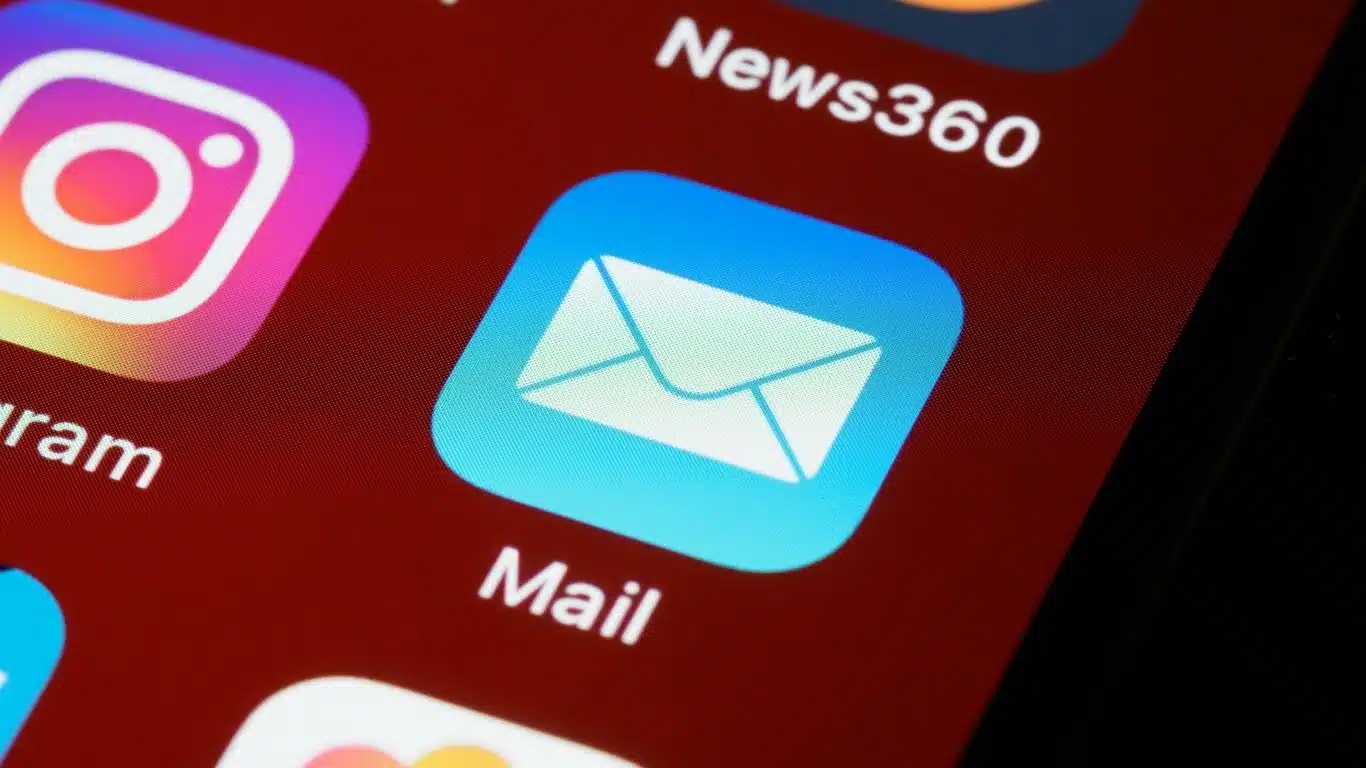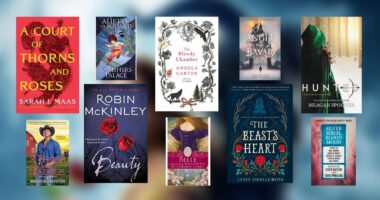10 Tips to Write Professional Emails: Writing emails is a part and parcel of virtually every profession you may take up. And this is a job that determines, to a large extent, your networking volume. It is this important to be able to write effective, impactful and flattering emails that portray you in the best light possible. Here is a list of ten excellent email writing tips that might help you write better emails.
10 Tips to Write Professional Emails | Excellent Email Writing Tips:
Be concise and to the point
The first rule about writing professional emails is that they are nothing like the ones they made you write at school. You don’t get marks for length here. Indeed, the purpose of an email is to write something as briefly as you possibly can. With the sheer amount of networking to be done, you must bear in mind that neither you nor the reader has the time to read long emails from top to bottom. It’s of utmost importance to be concise.
Don’t indulge in too much flattery
People sometimes mistake formality for flattery. But this is never a good idea. Anyone can see through flattery almost immediately and it doesn’t make a good impression at all. So don’t go on praising someone for their past deeds or otherwise with extravagant adjectives. Convey your interest with as minimal words as possible. However, this doesn’t mean you don’t express your esteem for someone – you just need to do it carefully and subtly.

Use appropriate genders in salutations
One of the biggest mistakes you can make in the modern world is to use incorrect gender references. Don’t assume anyone in authority (or otherwise) to be a male and write ‘Respected Sir’. Instead, take pains to find out the gender of those you write to. Go a step further and take note of the pronouns they prefer – most people with non-binary pronoun preferences update them on their social media.
Avoid rambling on about personal things
The first rule about writing a formal mail is that anything personal is not admissible. Anything about family or friends, or your personal life should not make it into your email. The same holds true for the person you’re writing to – do not make reference to anything about their personal life. More often than not, these things are not taken well and they reflect poorly on your professionalism. Avoid using personal pronouns too.
Remember to introduce yourself briefly
Many people receive a huge influx of emails on a daily basis and work with hundreds of people. Plus, many have strict schedules which constrict their time to spend responding to emails. Thus, even if they know you, they might not immediately recognize you just by name. The best thing to do in this case is to introduce yourself in two or three lines, making a reference to your company and to how you know them.

Avoid exclamation marks and emojis
While writing formal emails, you might be tempted to add that extra smiley emoji at the end because you’re used to colloquial language. But that is a strict no-no when it comes to business language. Exclamation marks on any other punctuation that is used to express emotions are best kept out of the email too. Remember that you represent a company and that you are not writing as an individual.
Don’t write anything controversial or offensive
Emails are documents of the sort that you send to people you might not personally know. Thus, your brand of humour may not be interpreted very well. So it’s better not to take any risk with content. Anything offensive, vulgar, or demeaning to any segment of society is off the charts. Stuff in the News or otherwise that is making a buzz should also be avoided. Finally, curse words of any kind and rough language make a terrible impression too.
Be conscious of your tone
Every email has a tone, and you need to be mindful of it whenever you write an email. While writing to seniors, your tone should be formal and respectful, but while writing to juniors, it should be firm, commanding yet polite. For clients and other parties, your tone should convey the regard you have without being too flowery. Basically, your tone should match the relationship you have with the reader and should be consistent too.

Write crisp, purposeful yet catchy subject lines
The format of the email is such that the subject line is the first and only thing that appears to the reader. Hence, necessarily it makes the first impression on the reader, and this impression is yours to craft. So if you’re mailing someone to get attention, the subject needs to be catchy. Regardless of other considerations, the subject line should convey what it has to in the minimum amount of words possible.
Include an effective call to action
Whether you’re writing to a boss, colleague, junior, client or as part of a newsletter, it’s important to incite your reader to action. Unless you’re giving a passive reply, you need to prompt your reader to follow your desired course of action. A great way to do this is to include a call to action at the end of your email so that it lingers in the memory of the reader and you have enough space before it to convince the reader too.
Also Read: Ideas to Write Great Instagram Captions




